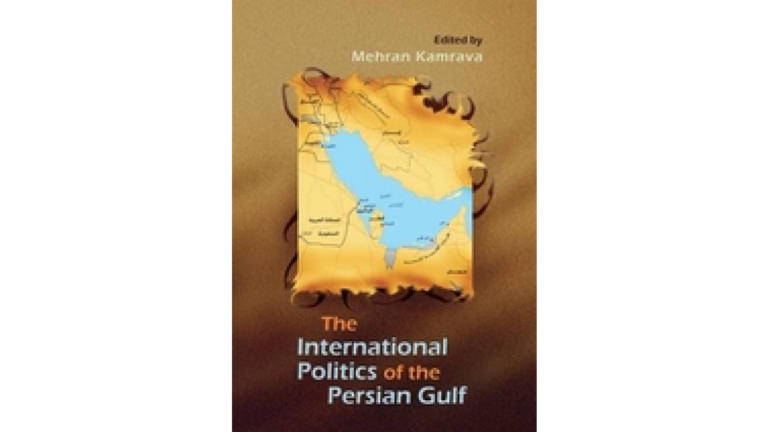The International Politics of the Persian Gulf

For much the Middle East’s contemporary history, the Persian Gulf has stood at the center of the region’s strategic significance, while being wracked by political instability and tension. In the late nineteenth and early twentieth centuries, Britain zeroed in on the Persian Gulf as a critical passageway to India, entered into protectorate agreements with local ruling families, then bestowed on them international legitimacy and resources to ascend to kingships. Today, the region is undergoing profound changes, ranging from rapid economic and infrastructural development to tumultuous social and cultural transformations. These changes not only accentuated rivalries and tensions, but exposed new challenges to international security and stability. The International Politics of the Persian Gulf presents a comprehensive and accessible account of the international politics of the region. Focusing on factors that give the Gulf its strategic significance, contributors look at the influence of oil and natural gas deposits on international politics, the impact of the competing centers of power of Iran and Saudi Arabia, the relationships amongst Persian Gulf countries, the evolving interaction between Islam and politics, as well as issues of internal and international security. These essays offer insights and analyses on the critical importance of this troubled region to global politics.